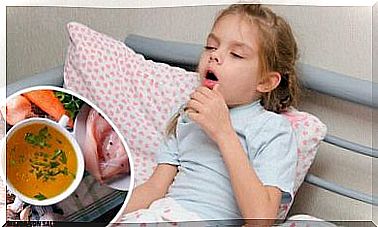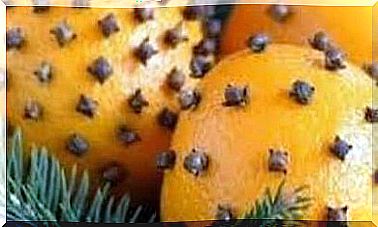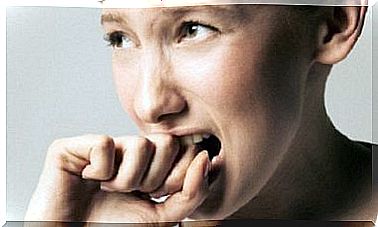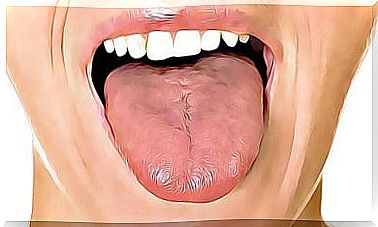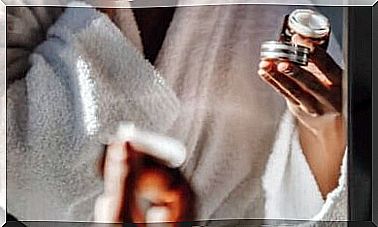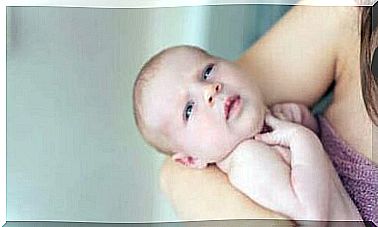Concentration Disorders In Children – How To Notice Them?
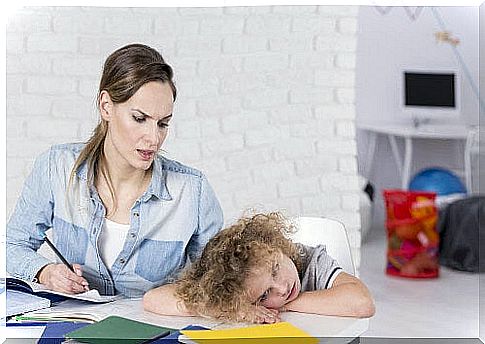
Concentration disorders in children are one of the most worrying problems for parents. However, due to its complexity, it is difficult to get an accurate diagnosis once the first symptoms are noticed.
A child with ADHD (attention deficit hyperactivity disorder) has more difficulty concentrating or staying still. But concentration disorders in this case are not the only problem. The child also becomes impulsive and finds it difficult to establish personal relationships in the school, family and social environment.
The syndrome is usually diagnosed in children as young as 7 years old, but many of its symptoms can be seen earlier. The problem is that in children 4 to 6 years old it is more difficult to recognize because the symptoms cannot be distinguished from the typical behavior of young children.
Nevertheless, it is important to be aware of this as the first manifestations are for follow-up. In this article, we will analyze the main causes and signals of these disorders to help you detect them in time. See what to look for!
What causes concentration disorders in children
It is not known for certain what causes concentration disorders in children. However, it is believed that their development is influenced by genetic, neurological and environmental factors. If you want to know more details, its possible causes are:
- Family history of ADHD or mental illness.
- Inability to regulate levels of brain chemicals such as dopamine and norepinephrine.
- Consumption of cigarettes and alcohol by the mother during pregnancy.
- Food additives such as artificial colors that can worsen hyperactivity.
- Brain Injury or Injury.
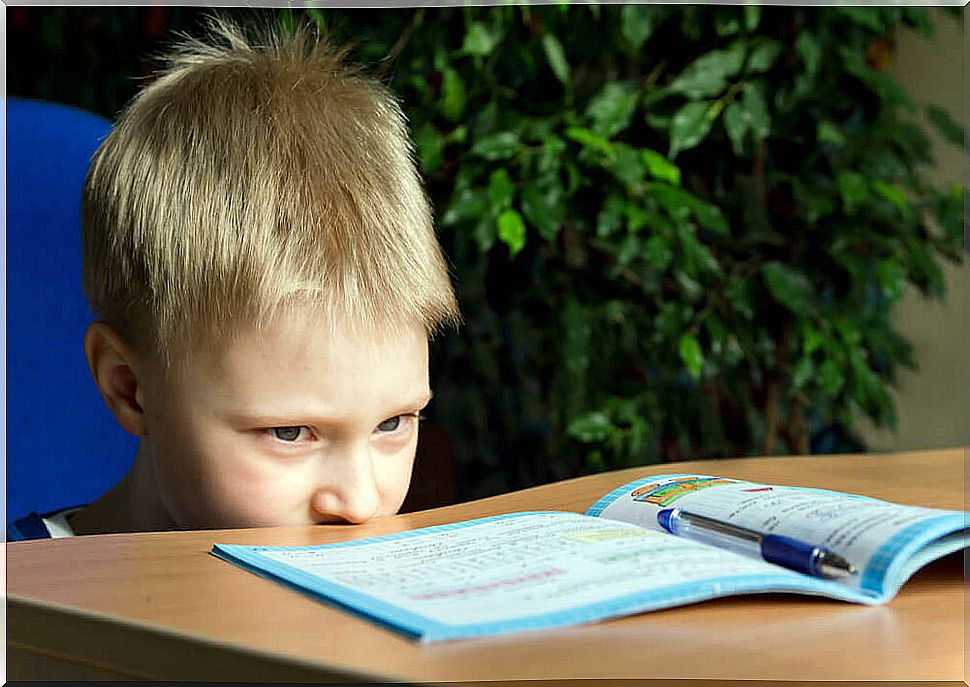
Some suggest that the consumption of refined sugar may also contribute to the appearance of this condition. However, there is insufficient scientific evidence to support this hypothesis.
Symptoms indicating impaired concentration in children
The symptoms of attention deficit in children are variable and tend to change at every stage of development. However, concentration disorders may extend to adolescence and into adulthood. On the other hand, the presence of one or more symptoms does not guarantee that the diagnosis will indicate that condition.
Therefore, when warning signs appear, the young person is referred to a specialist in the field, that is, to a pediatric neurologist or psychiatrist, for evaluation. Before a final diagnosis is made, the tests may take several months and include interviews with parents and teachers.

Symptoms that may indicate impaired concentration in a child:
- Has difficulty concentrating and focusing attention.
- Has difficulty following instructions.
- It is disorganized.
- He loses important things.
- He forgets important details in his tasks.
- He is unable to concentrate on one task or having fun.
- It is very difficult for him to understand what is being said to him.
- He does not want to perform tasks that require mental effort.
- He gets bored with the same activity and gives it up before completing it.
- He makes mistakes that show his lack of attention.
Symptoms of hyperactivity:
- He constantly moves and plays with objects within his reach, even in situations requiring attention.
- He says a lot.
- It is difficult for him to attend silent classes.
- Runs from side to side or climbs to inappropriate places.
- He feels anxious when he is in the same place.
- May react explosively.
Symptoms of impulsivity:
- There is no patience.
- Has difficulty waiting his turn or staying still.
- Works and speaks without thinking.
- He crosses the street without looking.
- He interrupts others.
- He meddles in games and conversations that don’t concern him.
- He looks for quick alternatives to fix problems.
Diagnosis and treatment of attention deficit in children
When diagnosed with attention deficit or attention deficit disorder in children, you must go through a process that takes months. A mental health professional or pediatrician specializing in ADHD is based on diagnostic and statistical criteria for mental disorders (DSM-5).
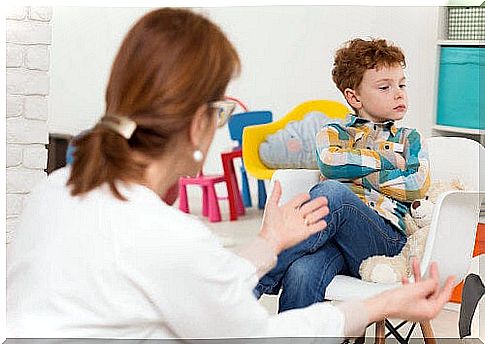
This requires adequate time to meet the child and analyze his relationship with the environment. It is also necessary to get to know family and loved ones. If the diagnosis is finally confirmed, a follow-up plan tailored to each specific situation is established.
Sometimes medications are used, but behavioral therapy is almost always recommended as a first step. Sometimes it is necessary to use these two elements together. The duration of treatment cannot be precisely established. It all depends on the behavioral development of each child.
To sum up …
So, if you notice your child has a concentration disorder, get it right now!

